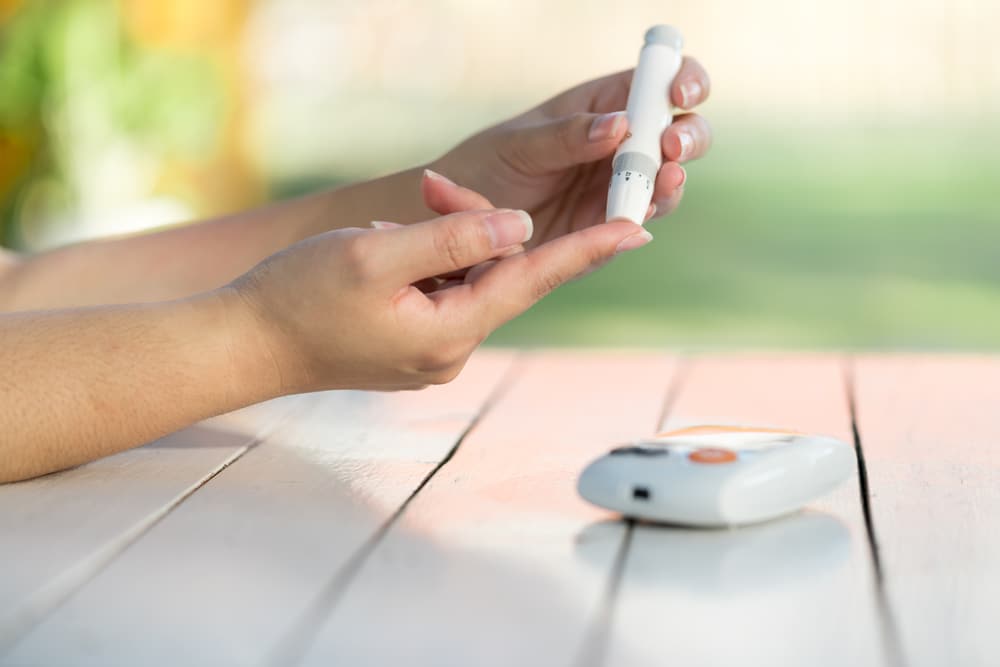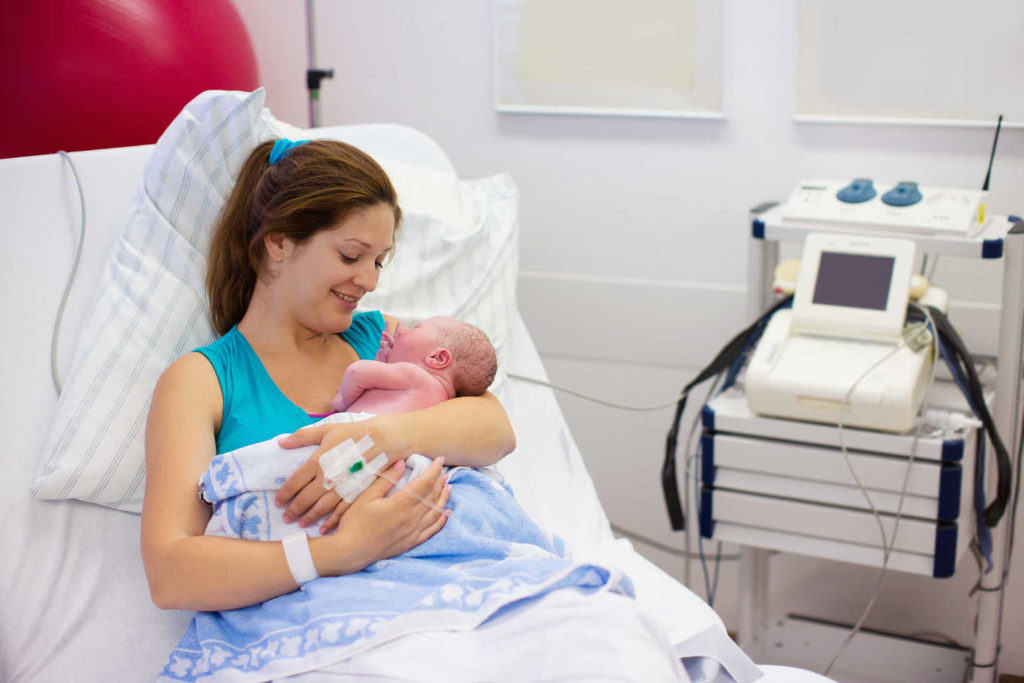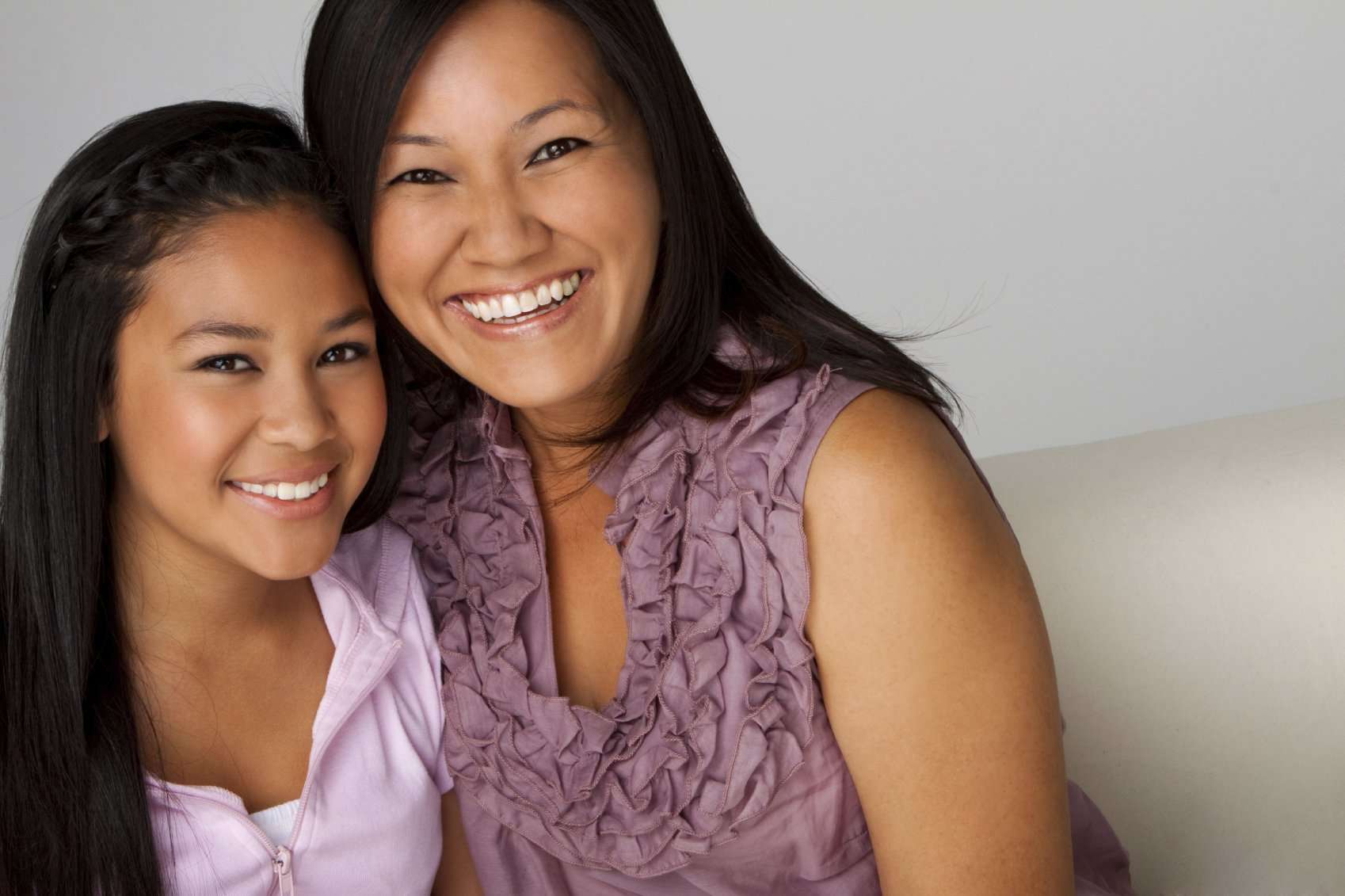Contents:
Medical Video: Genetic Testing for Breast Cancer - Mayo Clinic
Definition
What is a genetic test for breast cancer (genetic breast cancer test)?
Genetic cancer breast test, also known as BRCA, is a blood test to check specific changes (mutations) in genes that help control normal cell development. If changes are found in this gene, called BRCA 1 and BRCA 2, the doctor will be able to determine your risk of developing breast and uterine cancer. The BRCA gene test cannot detect the cancer itself. This test is only done on people with family backgrounds who have a history of breast or uterine cancer, and sometimes those who have suffered from one of these diseases. Genetic consultation before and after the BRCA test is very important to help you understand the benefits, risks, and possible outcomes to be obtained from this test.
A woman is at high risk of developing breast or uterine cancer if she changes in the BRCA 1 or BRCA 2 gene. Men with this gene change are also at high risk of developing breast cancer. Both men and women who experience changes in this gene have a high risk of other cancers. Changes in this gene can be reduced through the family of the father or mother.
When should I undergo a genetic test for breast cancer (genetic breast cancer test)?
People who are in a family that might potentially carry a BRCA mutation, or if a family member has breast or uterine cancer, is the most important to carry out BRCA gene testing. If they agree to do a genetic test and are found not to carry a BRCA gene mutation, then other family members do not need to do this test.
Some people have a high risk of reducing gene changes BRCA 1 or BRCA 2. Ashkenazi Jewish women (whose ancestors are from Eastern Europe) tend to carry the BRCA gene. Some experts recommend gene testing for women who are of Ashkenazi Jewish descent if they have one or both of the following:
- have first-degree relatives who have breast or uterine cancer at the age of 50 or younger. The first level relatives are parents, younger siblings or siblings, and children
- two second-degree relatives on the same side of the family suffer from breast or uterine cancer. Second-degree relatives are blood aunts and uncles, nieces, and grandparents
If you are not an Ashkenazi Jewish offspring, some experts recommend gene testing if you have one or more of the following:
- two of the first-degree relatives had breast cancer, one of which was diagnosed before age 50
- three or more first and second-degree relatives had breast cancer, diagnosed at various ages
- first and second level relatives have a history of breast and uterine cancer
- first-degree relatives had cancer in both breasts
- two or more relatives of uterine cancer
- one of the relatives suffered from both cancers (breast and uterus)
- relatives of men with breast cancer
If you do not meet these criteria, you are less likely to have BRCA 1 or BRCA 2 gene changes. Only 2 out of 100 adult women have a high risk of having BRCA gene changes.
Prevention & warning
What should I know before undergoing a genetic test for breast cancer (genetic breast cancer test)?
For women with family backgrounds who do not have risk factors for changes in BRCA, this genetic test tends not to provide useful information regarding the risk of breast cancer. Women from family backgrounds who have an average risk rarely get a positive test result. The BRCA gene test is not recommended for someone without risk factors, because this test can give false positive results. In some cases, other types of samples are collected from DNA analysis, including saliva or skin biopsy samples.
Process
What should I do before undergoing a genetic test for breast cancer (genetic breast cancer test)?
Genetic consultation is strongly recommended before and after the BRCA test to help you understand the benefits, risks, and possible outcomes of this test. The BRCA test gives you the opportunity to know more medical information and change your lifestyle. Genetic consultants have been trained to talk to you about the test and the results include medical information and emotional conditions.
This test can cause anxiety to yourself, both before and after the test. Talk to a genetic consultant before the examination to help you prepare and deal with your worries. Think about what you will do when your test results are positive. For example, would you consider the following precautions:
For breast cancer: annual mammograms or MRI, routine breast clinical trials, prevention of mastekomy (removal of both breasts), removal of the uterus, using drugs (tamoxifen), or having children before age 30.
For uterine cancer: removal of the uterus (oophorectomy) after you have a child, or after the age of 35 years.
What is the process of genetic breast cancer testing (genetic breast cancer test)?
The medical personnel in charge of taking your blood will take these steps:
- wrap elastic bands around your upper arm to stop the blood flow. This makes the blood vessels under the bond enlarge making it easier to inject needles into the vessels
- clean the part to be injected with alcohol
- inject a needle into a vessel. More than one needle may be needed
- attach the tube to the syringe to fill it with blood
- remove the ties from your arms when taking blood is enough
- attach gauze or cotton to the injected part, after the injection is finished
- put pressure on the part and then put on a bandage
What should I do after undergoing a genetic test for breast cancer (genetic breast cancer test)?
It takes several weeks for the test results to come out. You will meet your genetic consultant to study the test results, discuss your implications and choices.
If you have questions relating to the process of this test, consult your doctor for a better understanding.
Explanation of Test Results
What do the test results mean?
Normal (called negative)
No changes were found in the BRCA 1 or BRCA 2 genes. Negative results and risks for your entire family need to be considered together. If one family member is known to have a BRCA change, another family member may want to be examined. If your family member who has breast or uterine cancer has a negative result for a BRCA change test, you may also not have that gene change. In this case, you have the same cancer risk as people in general, which is based on age and personal and family history.
Only about 5% to 10% of breast and uterine cancer cases are related to changes in BRCA 1 or BRCA 2 genes. If you have a family with a history of breast or uterine cancer, your risk of developing cancer is high even though the BRCA results are negative. Other gene changes may occur which tend to cause cancer.
Abnormal (called positive)
There are changes in BRCA 1 or BRCA 2 genes. Women who have BRCA 1 or BRCA 2 gene changes have a 35% to 84% risk of developing breast cancer and between 20% and 40% risk of developing uterine cancer during their lifetime. This number shows the level of risk and depends on your personal and family history.
Men with a change in BRCA 1 have a high risk of breast cancer and possibly other cancers, such as pancreas, testicular or prostate cancer. Men with BRCA 2 changes have a high risk of developing breast, pancreatic and prostate cancer.
Not necessarily (called variant of uncertain significance or VUS)
The purpose of this result is that you have a gene change but it is difficult for doctors to know whether the change is significant and whether this gene change has something to do with your risk of getting cancer.
Hello Health Group does not provide medical advice, diagnosis or treatment.











